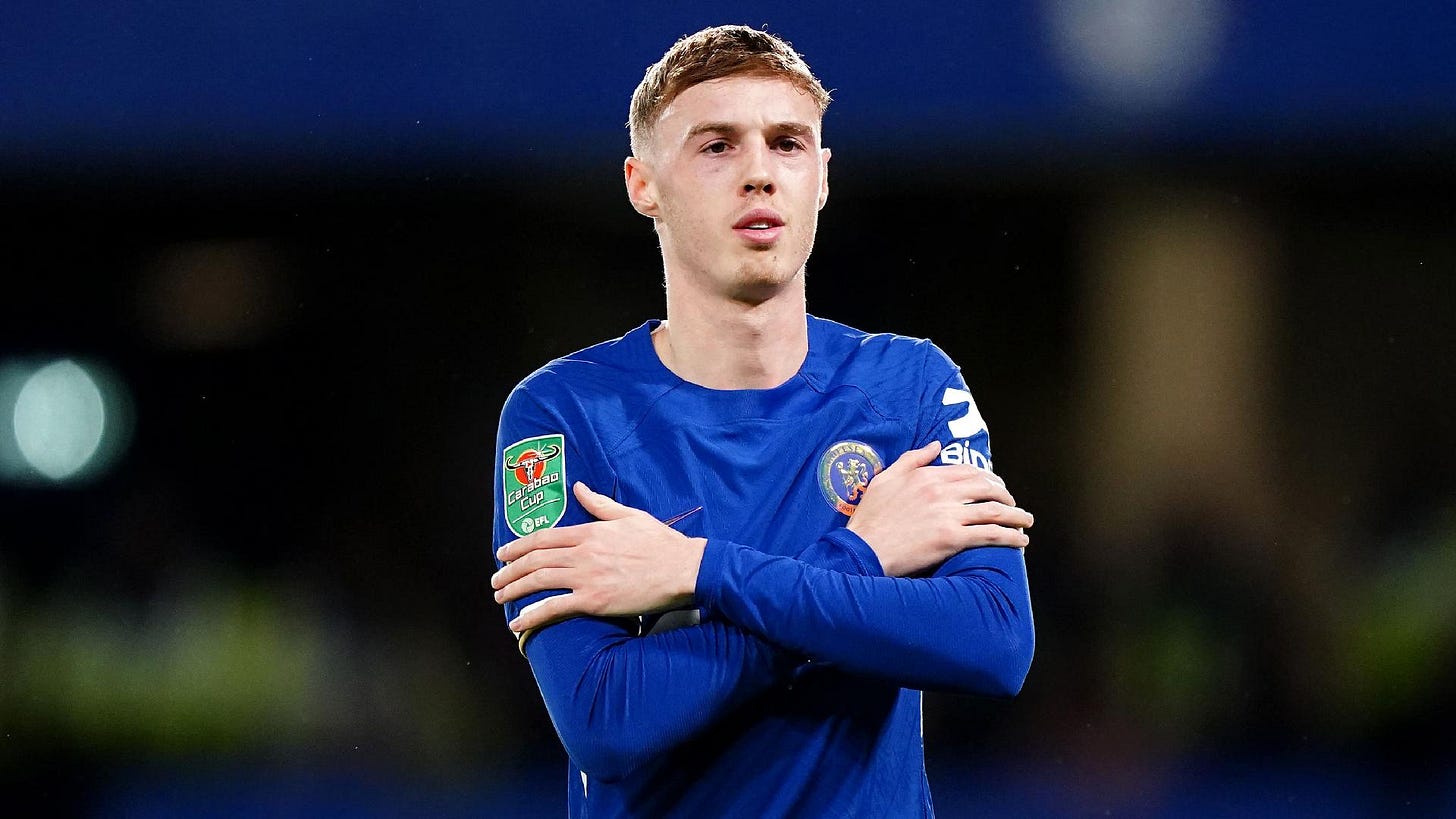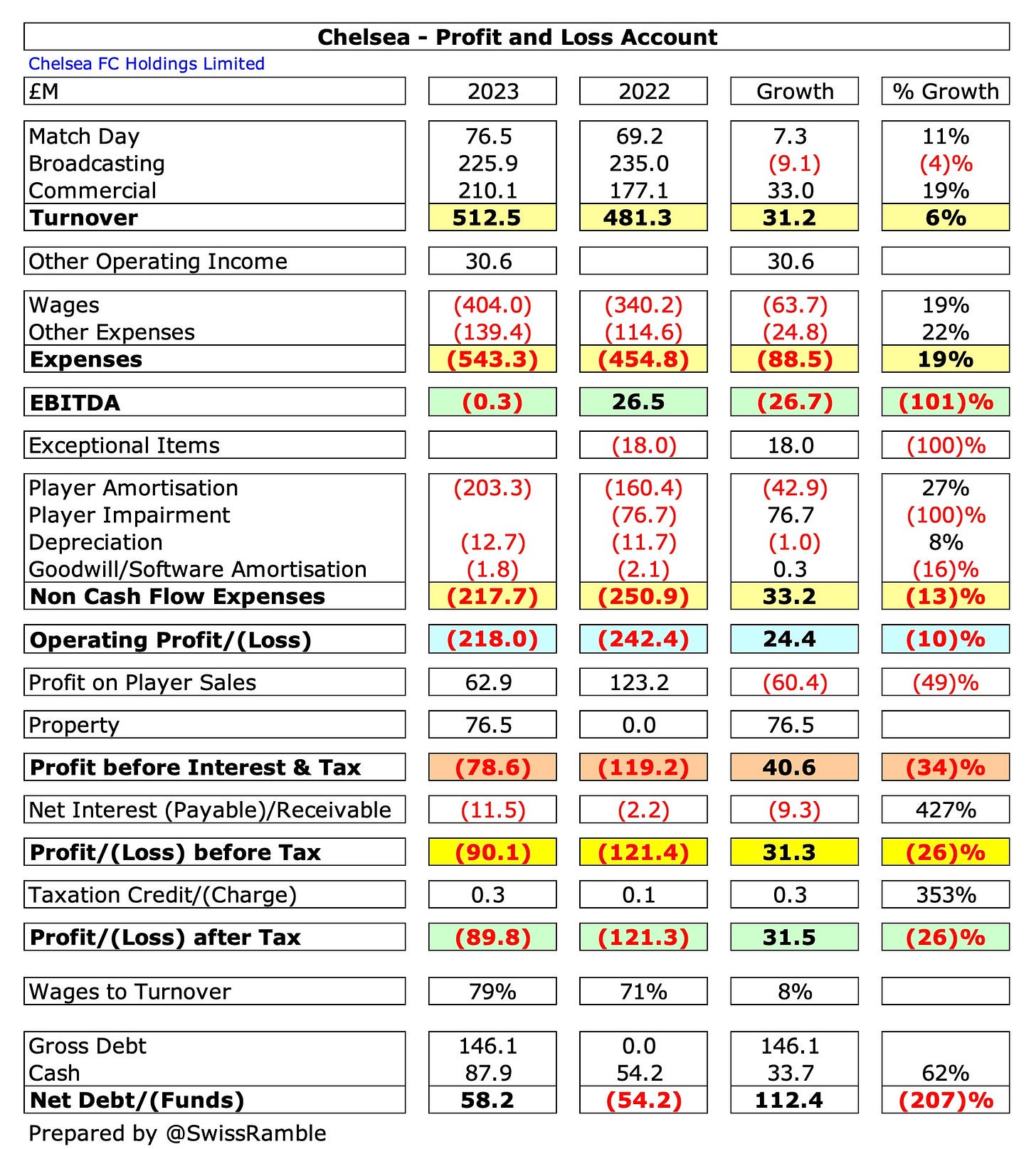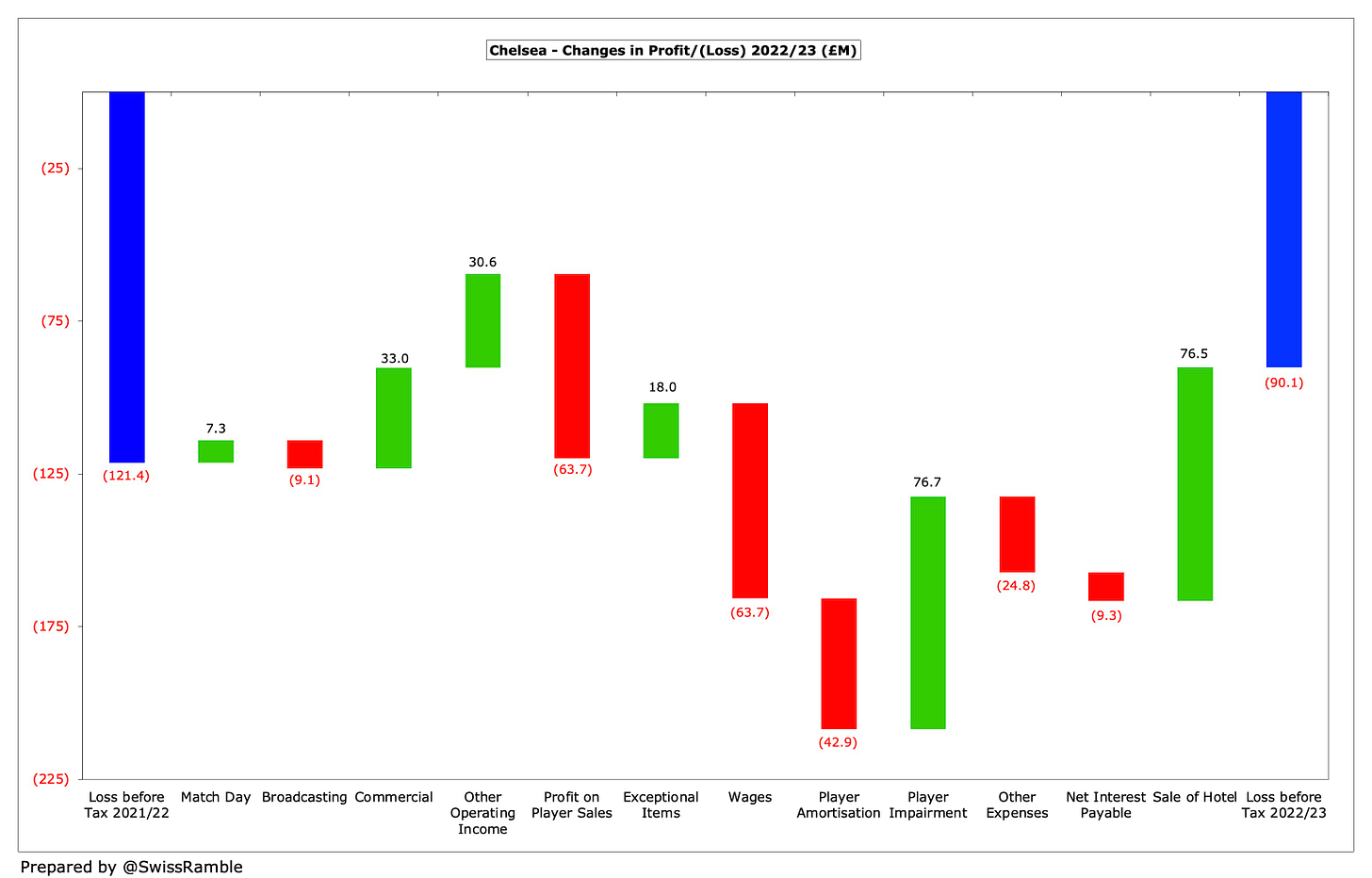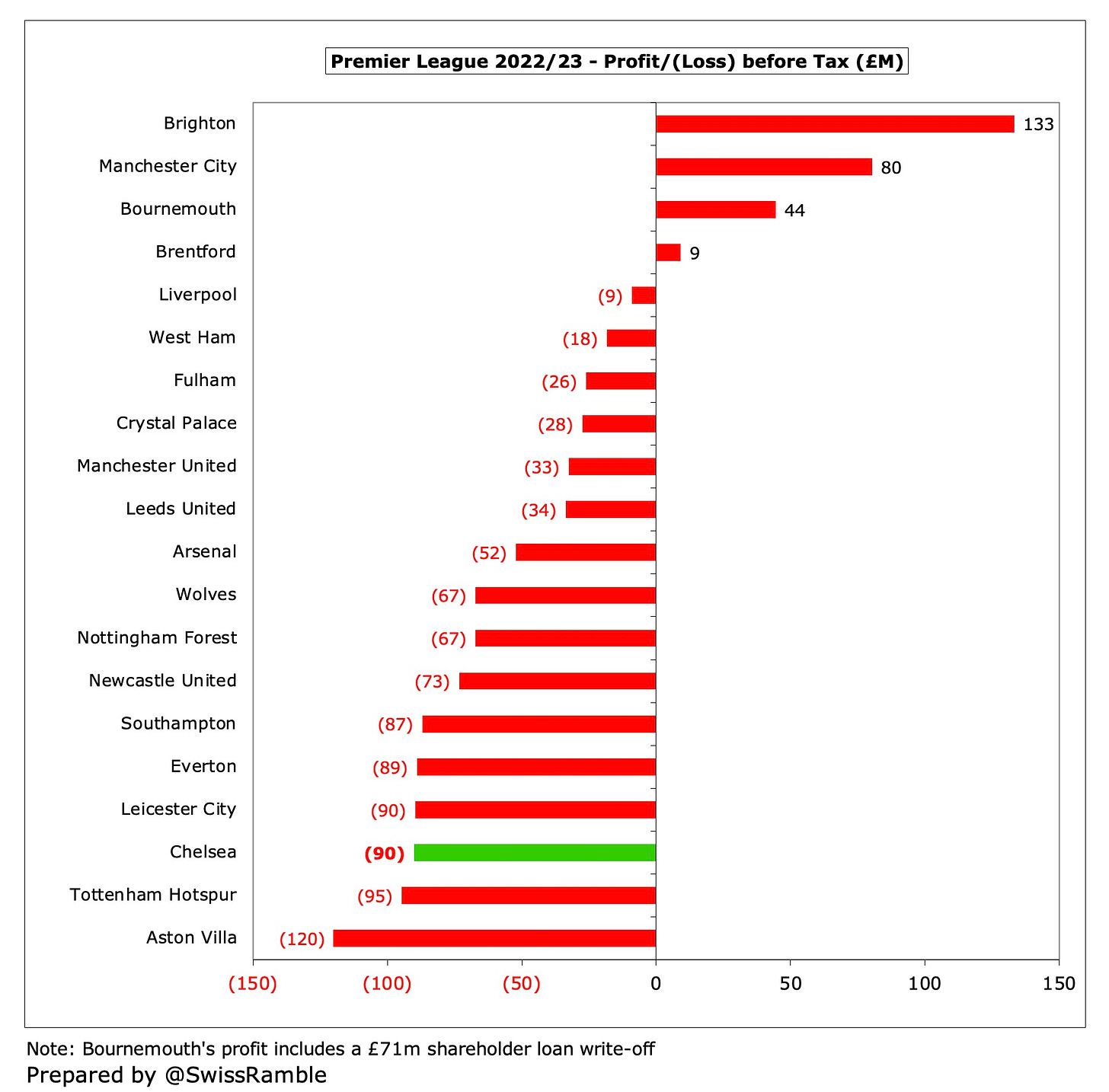Chelsea’s 2022/23 accounts covered a disappointing season, as they slipped from third place to 12th in the Premier League, thus failing to qualify for Europe for the first time since 2015/16.
The Blues also crashed out of both the FA Cup and EFL Cup in the third round, though they did reach the Champions League quarter-finals before being eliminated by Real Madrid.
The poor results on the pitch led to the dismissal of head coach Thomas Tuchel in September 2022, when he was replaced by Graham Potter. However, the Englishman was shown the door after only seven months, succeeded by his former assistant Bruno Saltor for one game, before the caretaker made way for the return of the prodigal son in the shape of Frank Lampard.
Ownership
In May 2022 a consortium led by American businessman Todd Boehly and Clearlake Capital acquired Chelsea for £2.5 bln (plus £1.75 bln infrastructure commitment), following Roman Abramovich’s decision to sell the club as a result of Russia’s invasion of Ukraine.
Accordingly, 2022/23 was the first full season completed under the new ownership.
Profit/(Loss) 2022/23
Chelsea’s pre-tax loss reduced from £121m to £90m, mainly thanks to £107m once-off accounting entries, including the sale of hotel buildings to another group company for £77m and £31m other operating income.
Revenue rose by £31m (6%) from £481m to a club record £512m, breaking through the half billion pound barrier for the first time, though this was wiped out by a £37m (5%) increase in operating expenses to £761m.
The loss would have been even higher without the benefit of £63m profit from player sales, though this was only around half of the previous season’s £123m. However, net interest payable was up from £2m to £12m.
The higher revenue was largely driven by commercial increasing £33m (19%) from £177m to £210m, while match day was also up £7m (11%) from £69m to £76m. Both of these established new club records. This was partly due to Chelsea being able to operate without the government restrictions placed on the club in the prior year.
However, broadcasting fell £9m (4%) from £235m to £226m, mainly because of the worse performance in the Premier League.
Investment in the squad led to significant increases in both wages, up £64m (19%) from £340m to £404m, and player amortisation, up £43m (27%) from £160m to £203m. In addition, other expenses increased £25m (22%) to £139m.
However, there was no repeat of a couple of substantial once-off costs in the previous season: £77m player impairment and £18m legal fees. In other words, the underlying year-on-year increase was even higher than reported at £132m (21%).
Chelsea’s £90m pre-tax loss is not great, but two clubs in the Premier League did even worse last season, namely Aston Villa £120m and Tottenham £95m. Many other clubs also posted large losses, including Leicester City £90m, Everton £89m and Southampton £87m.
On the other hand, a few clubs did manage to generate a profit, most notably Brighton £133m and Manchester City £80m. Bournemouth also reported a £44m profit, though this would have been a £27m loss without the benefit of a £71m owner loan write-off.
Player Sales 2022/23
Chelsea made £63m profit from player sales, which by most standards is pretty good, but is only around half of the previous season’s £123m. In the summer of 2022 they sold Timo Werner to RB Leipzig, Emerson to West Ham and Billy Gilmour to Brighton, followed by Jorginho to Arsenal in the January transfer window.
A number of big deals were also agreed just before the end of June 2023, namely Kai Havertz to Arsenal, Mateo Kovacic to Manchester City, Kalidou Koulibaly to Al-Hilal and Ruben Loftus-Cheek to Milan.
Given that all of these sales were included in the 2022/23 accounts, the £63m profit is perhaps lower than might have been anticipated by some.
Keep reading with a 7-day free trial
Subscribe to The Swiss Ramble to keep reading this post and get 7 days of free access to the full post archives.







